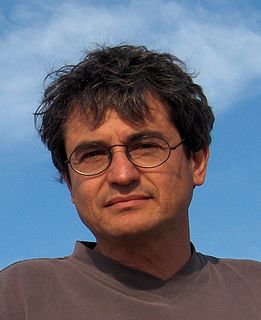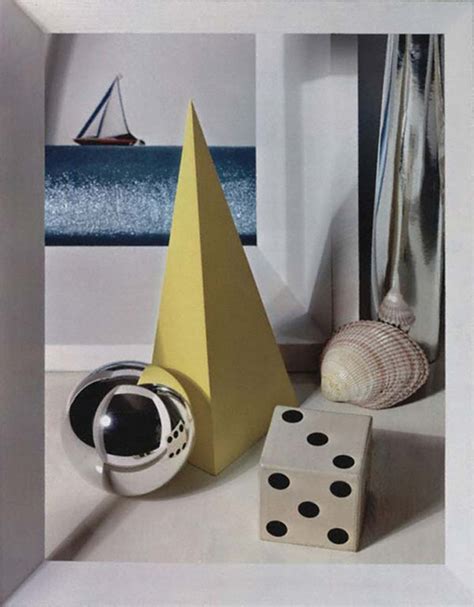A Quote by Ashley Montagu
Scientists do not believe in fundamental and absolute certainties. For the scientist, certainty is never an end, but a search; not the ordering of certainty, but its exploration. For the scientist, certainty represents the highest degree of probability.
Related Quotes
The very foundation of science is to keep the door open to doubt. Precisely because we keep questioning everything, especially our own premises, we are always ready to improve our knowledge. Therefore a good scientist is never ‘certain’. Lack of certainty is precisely what makes conclusions more reliable than the conclusions of those who are certain: because the good scientist will be ready to shift to a different point of view if better elements of evidence, or novel arguments emerge. Therefore certainty is not only something of no use, but is in fact damaging, if we value reliability.
The capacity to tolerate complexity and welcome contradiction, not the need for simplicity and certainty, is the attribute of an explorer. Centuries ago, when some people suspended their search for absolute truth and began instead to ask how things worked, modern science was born. Curiously, it was by abandoning the search for absolute truth that science began to make progress, opening the material universe to human exploration.


































